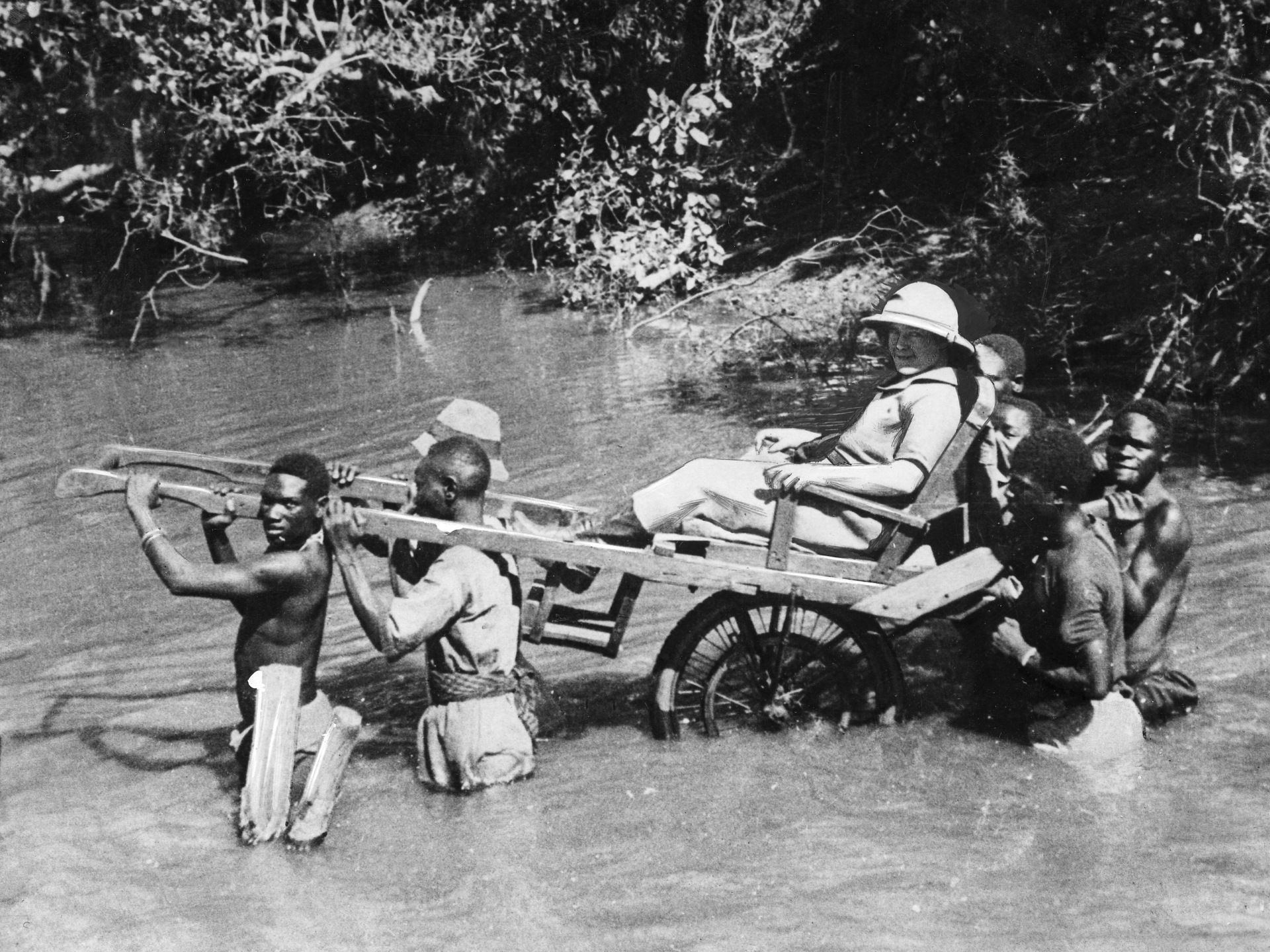Does Colonization Destroy Culture?
Apr 25, 2023
This essay discusses the effects of colonization on culture and its impacts. Colonization is defined by historians as a process in which one nation subjugates another through military conquest, political control, or economic exploitation. It often involves the immigration of settlers from the colonizing country to an area that has been previously settled by the colonized people. While colonization can have some positive effects, such as introducing new technology and resources, it also has significant negative implications for those who are colonized.
One of the most obvious consequences of colonization is cultural destruction, as the colonizers impose their own values, norms and ideas on those they conquer. This can result in forced assimilation and loss of native languages and customs among indigenous peoples. In addition to this, many cultural artifacts or sacred sites of colonized communities may be destroyed or exploited for economic gain.

Colonization has also had a devastating effect on the physical and psychological health of colonized populations. Colonizers often introduce diseases from their home country to native people, resulting in high rates of mortality. Psychological damage is also common as forced assimilation can lead to feelings of alienation, shame and guilt within indigenous populations. In extreme cases, colonization can result in genocide.
Overall, it is clear that colonialism has had a largely negative impact on culture and its effects are still being felt today by those who were subjugated by colonial powers. It is important to recognize the legacy of colonialism and take steps towards understanding its history and reversing any remaining oppressive systems. Only then can a more equitable and respectful relationship between colonizers and colonized people be achieved.
This essay has examined the consequences of colonization on culture, with particular focus on its negative impacts. It is crucial that we continue to educate ourselves about this history in order to ensure that indigenous cultures are respected and preserved into the future. By developing an understanding of the past, we can work towards creating a better world for everyone involved.
